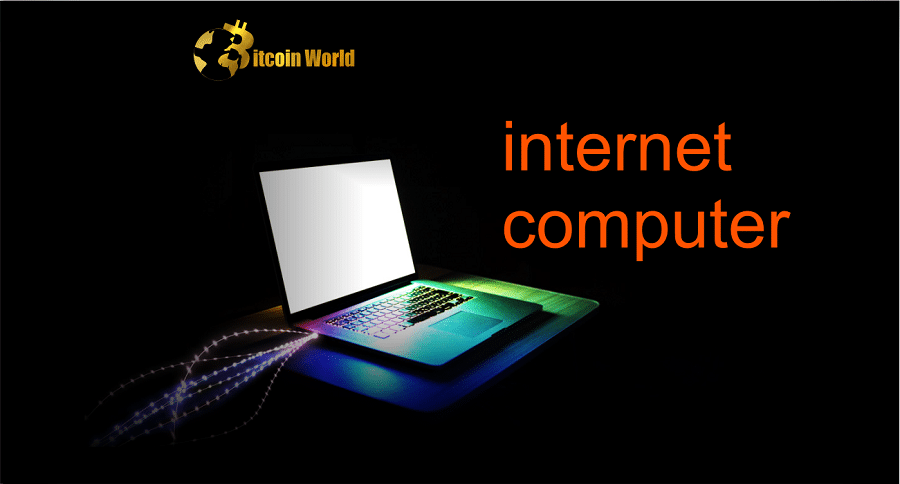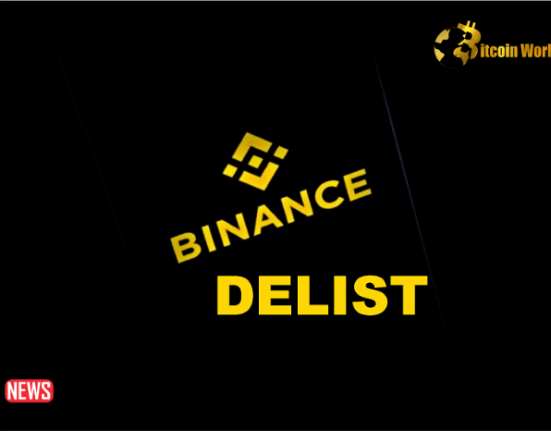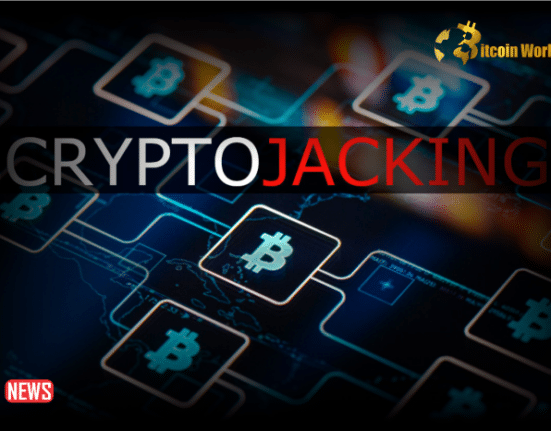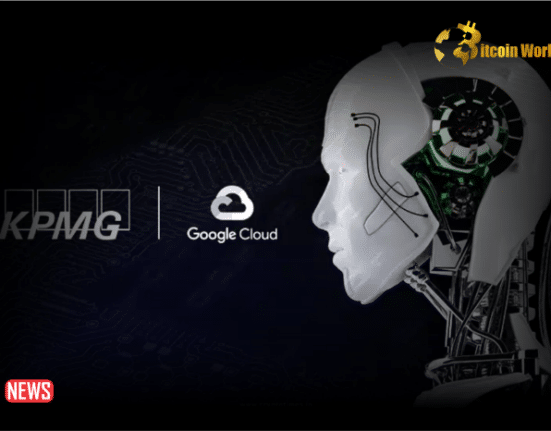Tech companies and governments have ruled the internet for years. ICP wants to decentralize online infrastructure and give people free internet access and development.
ICP promotes an inclusive, accessible internet. The protocol helps small firms compete with giant organizations by lowering entrance barriers and eliminating reliance on centralized platforms. This change promotes digital innovation and a fairer market.
ICP decentralization has downsides. Decentralized systems have scalability concerns and are harder to secure. These dangers remain despite ICP’s architecture. Innovative and efficient smart contract capabilities from ICP are altering banking, healthcare, and supply chain.
ICP smart contracts automate complicated processes securely and quickly. ICP helps industries cut expenses, improve efficiency, and increase security and trust.
ICP smart contracts face challenges. Integration into old systems may be difficult, and conventional companies may be hesitant to implement these new contracts. ICP can alter sectors, but these barriers must be overcome. ICP’s technology lets developers build open, decentralized apps, enabling new creativity and collaboration.
ICP’s decentralized architecture lets developers create new apps and services without platform limits. Collaboration, cross-pollination, and rapid innovation help end-users and the digital ecosystem in this context.
Developers may find ICP’s technology complicated. Decentralized applications demand new programming paradigms, and ICP’s approach is complex. So, some developers may struggle to adapt or resist the protocol.
Internet Computer’s token value skyrocketed in 2021, promising to disrupt cloud computing. The idea fell apart less than two years later. This section discusses ICP’s demise and its lessons.
During the cryptocurrency craze, Swiss non-profit DFINITY created the Internet Computer initiative. ICP, its token, rose in value, and the project became one of the world’s top ten coins. Internet Computer had approximately $166 million in funding from Andreessen Horowitz and Polychain Capital, putting it in position to change the digital world.
The initiative sought to develop a decentralized supercomputer that could run blockchain-based apps like WhatsApp and Venmo. Some speculated that Internet Computer may challenge AWS and Google Cloud with this ambitious vision.
Internet Computer has underperformed despite initial anticipation and funding. The ICP token lost over 98% of its value and fell from $9.5 billion to $1 billion. Lack of ecosystem transparency contributed to Internet Computer’s demise. Internet Computer is more opaque than Ethereum, Polkadot, and Binance Chain. Many of its apps have stopped developing or are inactive.
OpenChat and DSCVR, Internet Computer’s dApps, struggled to garner users. OpenChat’s lengthy account creation process has stopped accepting new members. DSCVR, a community-owned professional network, lacks meaningful material, discouraging users. DFinance, Portal, and NFT Studio also have low ecosystem activity. Internet Computer remains alive. Explorers found activity in its ecology. Nonetheless, this action may not warrant a market cap beyond $1 billion.
Internet Computer’s spectacular growth and fall illustrate the cryptocurrency and blockchain industry’s volatility. The project’s failure to meet its aims and low user acceptance ultimately doomed it.
Internet Computer is a cautionary story for decentralized technology. Blockchain projects must be transparent, user-friendly, and adaptable to succeed in this competitive market. They can only make a lasting impression and grow in the digital environment then.














